Top Foods to Avoid with Your Baby
Starting your baby on solid foods is an exciting milestone, but it can also feel overwhelming. Knowing which foods to avoid helps keep your little one safe and supports their healthy development. Here's a practical guide to help you navigate those early feeding months with confidence.
Getting started with solids? Check out our kitchen and cooking essentials designed to make meal prep and feeding easier for parents and safer for little ones.
1. Salt: Protecting Your Baby's Kidneys
Your baby's kidneys are still developing and can't handle much sodium. Too much salt can put unnecessary strain on their system.
What to avoid:
- Adding salt to your baby's food
- Stock cubes, gravies, and sauces
- Salty snacks like bacon, sausages, crisps, crackers, and ready meals
Easy tip: Cook family meals without salt, then set aside your baby's portion before seasoning the rest. Fresh herbs and mild spices are great ways to add flavor without the sodium.
2. Sugar: Reducing the Risk of Tooth Decay
Babies don't need added sugar, and introducing it early can lead to tooth decay and create a preference for overly sweet foods.
Skip these:
- Sweets, cakes, biscuits, and sugary snacks
- Fruit juices, fizzy drinks, and sweetened beverages
- Sweetened cereals and flavored yogurts
Better options: Mashed banana, unsweetened yogurt, or naturally sweet veggies like carrots and sweet potatoes are delicious and nutritious alternatives.
3. Saturated Fat: Promoting Heart-Healthy Habits Early
While babies need fat for energy and brain development, it's important that it comes from healthy sources rather than processed foods high in saturated fat.
Limit:
- Fried foods, crisps, cakes, and biscuits
- Processed high-fat foods
Healthy alternatives: Avocado, smooth nut butters, olive oil, and oily fish like salmon provide the beneficial fats your baby needs.
4. Honey: A Hidden Risk of Infant Botulism
Honey can contain bacteria that cause infant botulism, a serious illness that affects babies' digestive systems. Wait until your baby is at least 12 months old before introducing honey.
This precaution also helps protect those tiny teeth from unnecessary sugar exposure.
5. Whole Nuts and Peanuts: Choking Hazards and Allergy Awareness
Whole nuts are a choking hazard for children under 5. However, you can safely introduce nuts earlier in other forms.
Safe introduction from 6 months:
- Finely ground nuts
- Smooth nut butter (thinned with milk or water if needed)
Introduce one type at a time and watch for any reactions. If your family has a history of allergies, chat with your GP or health visitor first.
6. Certain Cheeses: Avoiding Listeria and Unsafe Milk Products
Cheese is packed with calcium and protein, but some types aren't safe for babies due to the risk of listeria.
Safe from 6 months:
- Pasteurized full-fat cheeses like mild cheddar, cottage cheese, and cream cheese
Avoid:
- Mold-ripened soft cheeses (brie, camembert)
- Ripened goat's cheese
- Soft blue-veined cheeses (roquefort)
- Unpasteurized cheeses
Good to know: Cooking these cheeses until piping hot kills listeria, so baked brie is fine once thoroughly heated.
7. Raw Shellfish: Avoiding Food Poisoning Risks
Raw or undercooked shellfish like mussels, clams, and oysters carry bacteria that babies' developing immune systems can't handle well.
Only serve thoroughly cooked shellfish, and wait until your child is older.
8. High-Mercury Fish: Protecting Brain and Nervous System Development
Some large fish can contain high levels of mercury, which can affect your baby's developing brain and nervous system.
Avoid:
- Shark
- Swordfish
- Marlin
Great alternatives: Cod, haddock, plaice, salmon, and sardines are nutritious, lower-mercury options rich in omega-3s.
Conclusion
Feeding your baby doesn't have to be complicated. Focus on fresh, whole foods prepared simply, and you'll be giving them a great nutritional foundation.
- Choose natural, minimally processed foods
- Skip added salt and sugar
- When in doubt, ask your healthcare provider—especially before introducing common allergens
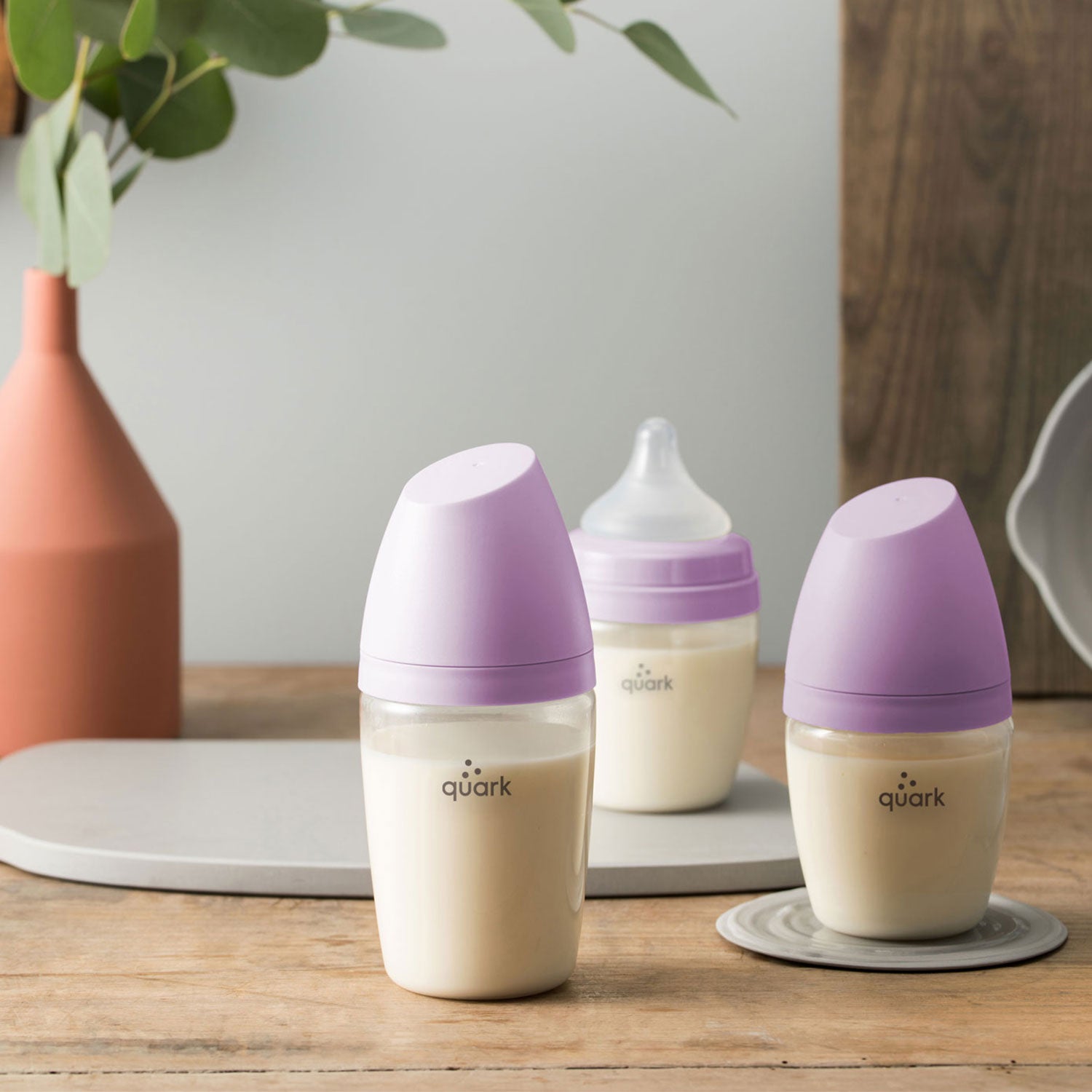




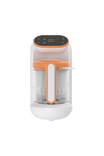
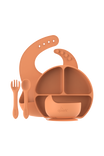
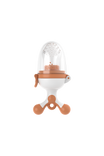
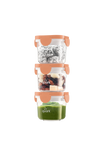
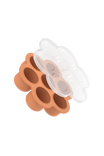
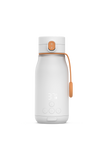
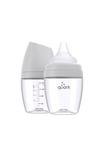
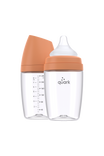
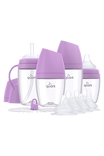
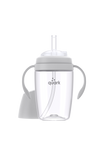
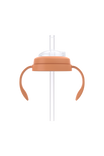
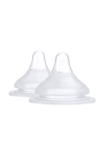
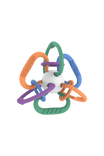
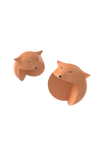



Leave a comment
All comments are moderated before being published.
This site is protected by hCaptcha and the hCaptcha Privacy Policy and Terms of Service apply.